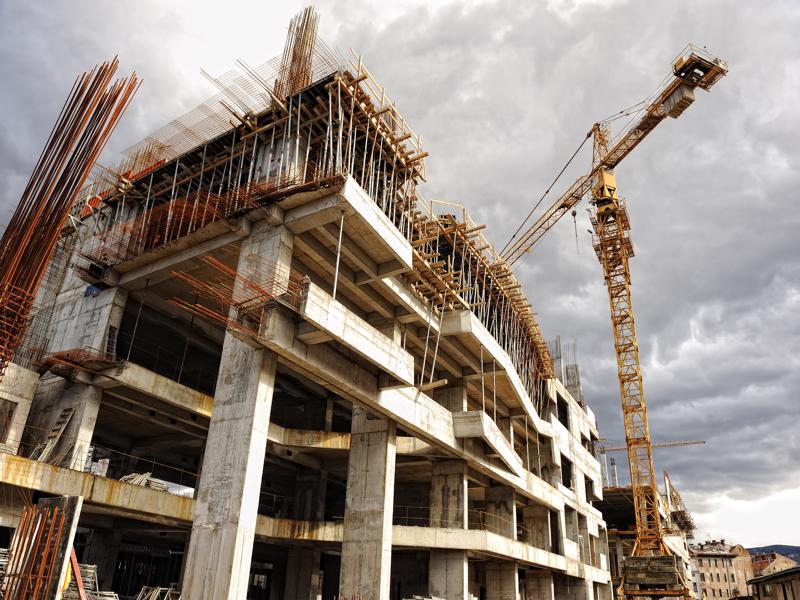The Tale of Urban Corp: Investing in Pre-constructed Homes
Purchasing from a new development is very different than purchasing resale. Here is a developer you might want to avoid.
 Written By Alex Hood
Written By Alex Hood Some buyers get giddy over progressive developments from the new kids on the block, while others prefer to stick with seasoned professionals like Urban Corp. When opting for the reputed firm, one might even think nothing of putting a deposit down on the spot on a building before it is anything more than a showroom.
Urban Corp is the team behind such beloved Toronto constructions as the Tannery Lofts in Liberty Village. They had a decent reputation, short of a few hiccups, until recently.
For us, we play a part in protecting our clients by focusing quite heavily on the developer when assisting in the purchase of new construction. We scrutinize not only their past projects, but their reputation on a larger scale as well.
So what went wrong with Urban Corp?
Amidst the bottles of champagne popped and paint chips selected, it can be hard to imagine the possibility of never seeing your home come to fruition. Yet when a developer dives deep into the red, with a bankruptcy protection filing and their CEO ridden with immense amounts of debt, the building process naturally comes to a halt. This is the story of Urban Corp and their buyers.
As of this writing (August 2016), nearly 200 buyers have not only halted their monthly trips to IKEA, but unfortunately have had large sums of money suspended as if in thin air. These ill-fated investors have been urged to secure lawyers for themselves, and with court cases impending, they could potentially see the bulk of their down payments deposited back into their bank accounts. Alas, the emphasis is on the word potentially.
Lessons Learned
The moral, then, is that no buyer, realtor, or even developer has access to a fully functioning crystal ball. Buying into a construction that is under development simply proves a greater risk than the resale of a finished product.
However, the Urban Corp fable is still something of an outlier—if this was common practice in the housing industry, unfinished homes would simply never sell. Rather, the greatest risks associated with purchases like these include minor discrepancies between projected and actual sizes (fairly frustrating but tolerable nonetheless), major changes to a development's overall structure (e.g. the podium being omitted from L-Tower), or major delays (very common).
Thankfully, some precautions can be taken in order to reduce the risk of scenarios like these. Buyers can use their own realtor, meaning one who isn't directly affiliated with—and therefore biased by—the developer. Potential buyers can also do their research into the developer behind their home of choice, including a look into any previous court cases for any really keen sleuths out there.

You don’t have to go it alone
For us, we play a part in protecting our clients by focusing quite heavily on the developer when assisting in the purchase of new construction. We scrutinize not only their past projects, but their reputation on a larger scale as well. Without any clairvoyant powers, we realize some prodding and probing is necessary on our part in order to ensure that closets are clear of any unwholesome skeletons.
As of this writing, new construction projects tend to cost more per square foot than resale, making the inherent risks of new construction purchases much less attractive. However there are always a handful of developments that look quite promising, particularly in the loft market.
Starting your search for a new home? Click on any of these links to access active listings, sold listings or contact a Strata agent.
For any questions about this article or media inquires, please email media@strata.ca

